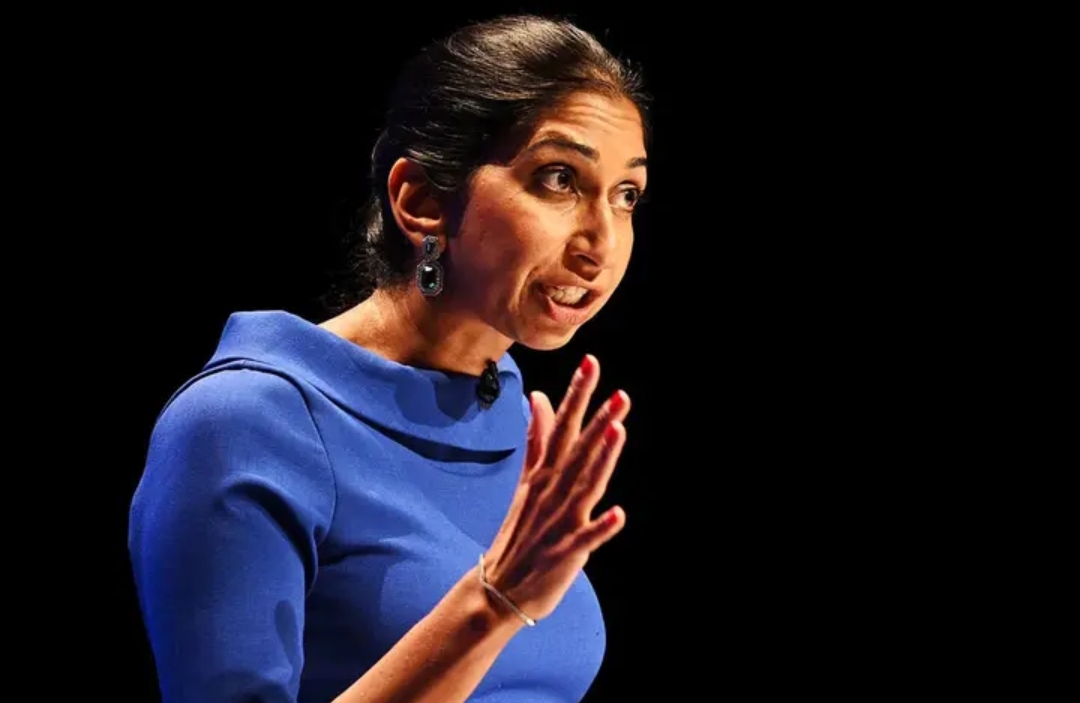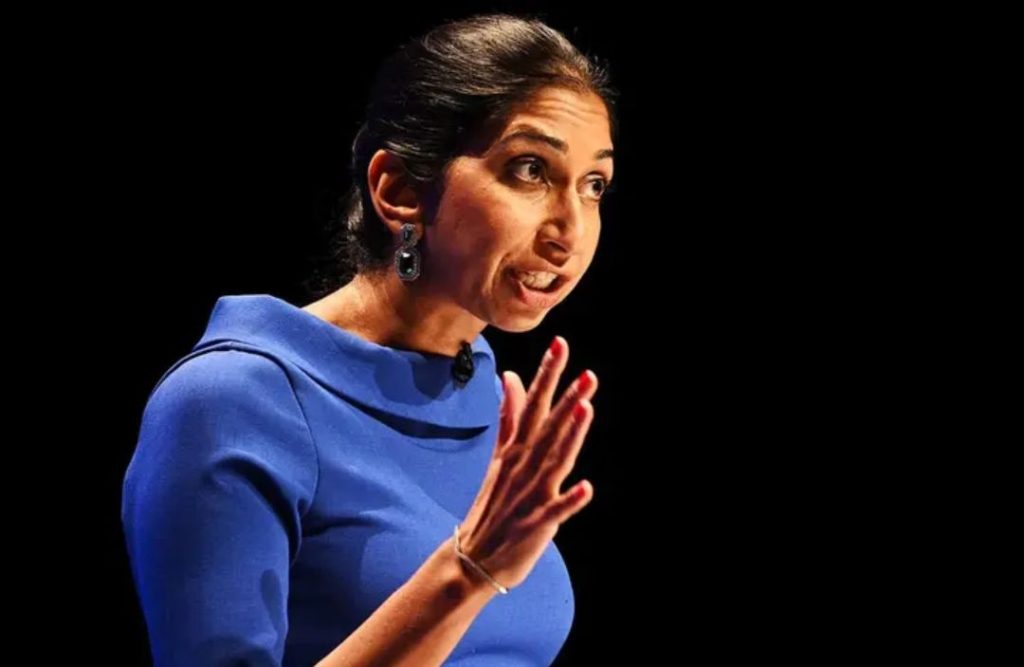
Amidst a contentious debate sparked by a report alleging racism in the British countryside, Suella Braverman, a Conservative MP and former UK Home Secretary, has emerged as a vocal critic, denouncing the notion that white people should bear guilt for racism.

The report, issued by Wildlife and Countryside Link, an organization representing various environmental and conservation groups in the UK, stirred controversy by asserting that rural areas harbor “racist colonial legacies” and are perceived as exclusive “white spaces,” deterring ethnic minorities from visiting. However, critics lambasted the report as divisive and incendiary.
In a poignant op-ed published in The Telegraph, Braverman, whose parents immigrated from India, vehemently refuted the report’s contentions. She emphasized that “we need to stop making white people feel guilty for being white,” asserting that such sentiments are “wholly disempowering for ethnic minorities to be judged by skin color rather than by character.”
Braverman decried the report’s promotion of a victimhood culture and identity politics, arguing that incessantly framing issues through racial lenses fosters societal division. Drawing from her personal experiences, she recounted three decades of camping holidays in the British countryside without encountering racism, contrasting the report’s assertions with her reality. She contended that racism is more prevalent in urban environments and criticized the report for perpetuating stereotypes about rural spaces.
Furthermore, Braverman criticized the report as emblematic of left-wing identity politics, which, she argued, distorts historical narratives and undermines British institutions. She accused the wildlife charities behind the report of romanticizing the countryside while neglecting the socioeconomic challenges faced by rural communities.
Notably, Braverman found solidarity among ethnic minority voices, including Wilfred Emmanuel-Jones, founder of the Black Farmer food brand, who decried the report’s authors as disconnected from the realities of diverse communities. Together, they cautioned against the dangerous ramifications of attributing blanket accusations of racism to British society, warning that such rhetoric exacerbates tensions rather than fostering unity.
Braverman’s stance reverberates against a broader backdrop of societal introspection regarding racial dynamics in the UK. She champions a nuanced approach, advocating for the evaluation of individuals based on their character rather than their race. She insists that instilling guilt in specific racial groups only exacerbates societal divisions, urging for a constructive discourse that transcends identity politics.
The report on rural racism has catalyzed a robust conversation about racial issues in Britain. Braverman’s vocal opposition underscores the necessity of addressing societal challenges with nuance and pragmatism, cautioning against the perils of inflaming racial tensions through divisive rhetoric.
As the discourse unfolds, Braverman’s steadfast stance invites reflection on the complexities of racial dynamics and underscores the imperative of fostering inclusive dialogue to navigate the intricacies of contemporary society.




